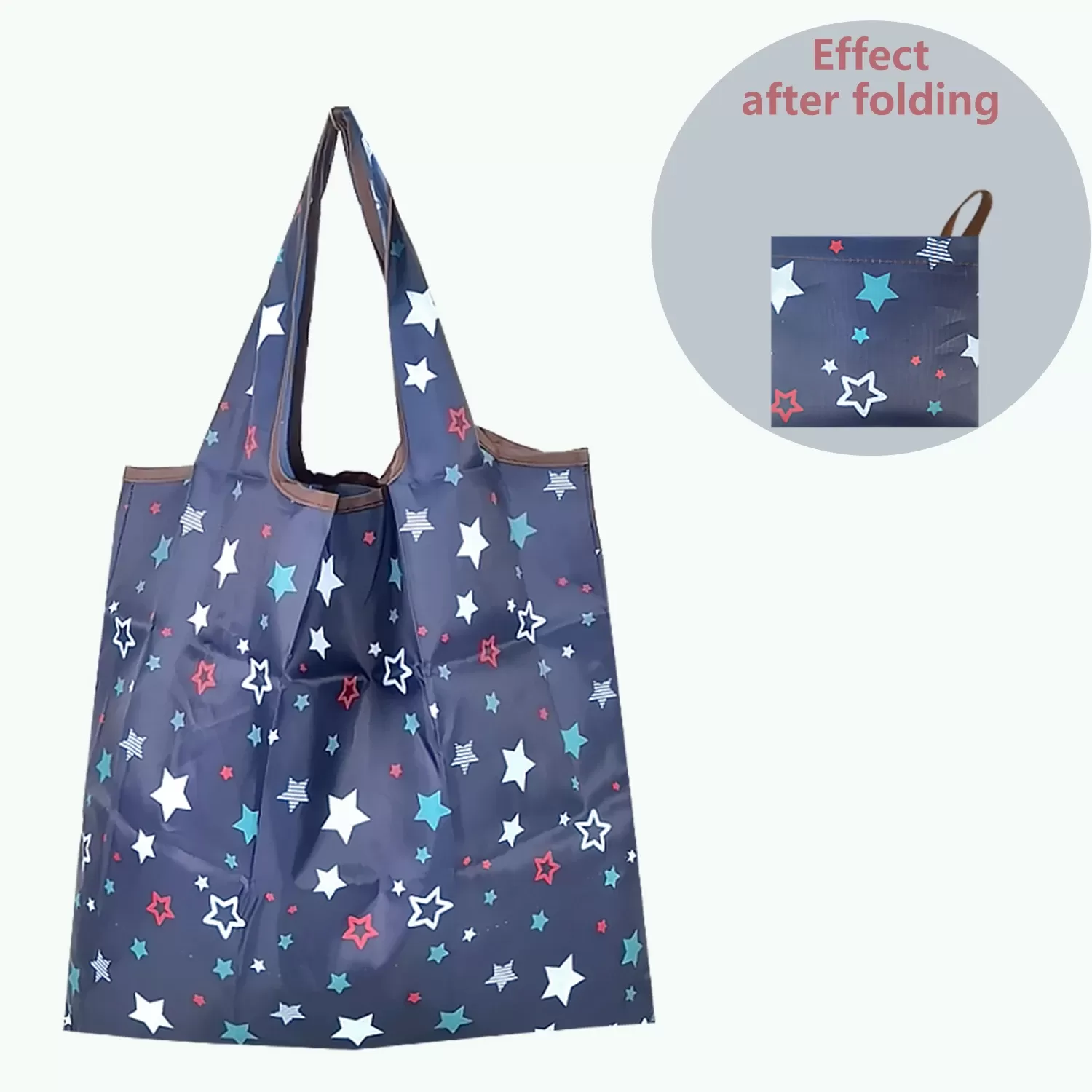Introduction:
Nylon shopping bags have gained popularity for their durability and reusability. However, it is essential to consider their environmental impact. In this article, we will explore the environmental aspects of nylon shopping bags, including their production, usage, and disposal.
- Production:
The production of nylon shopping bags involves the extraction of raw materials, such as petroleum or coal. This extraction process can have adverse effects on the environment, including habitat destruction and pollution. Additionally, the energy-intensive manufacturing process of nylon contributes to greenhouse gas emissions and consumes significant amounts of water. - Reusability and Durability:
One of the key advantages of nylon shopping bags is their reusability. Unlike single-use plastic bags, nylon bags can be used multiple times, reducing the demand for new bags. Their durability ensures that they can withstand heavy loads and last for a longer time, further reducing the need for frequent replacements. - Recycling and Waste Management:
While nylon shopping bags can be reused, they will eventually reach the end of their lifespan. Proper disposal and recycling are crucial to minimize their environmental impact. Nylon bags can be recycled into new nylon products or converted into energy through incineration. However, it is essential to ensure that the recycling facilities are readily available and accessible. - Alternatives:
To reduce the environmental impact of nylon shopping bags, several alternatives can be considered. One option is to switch to reusable bags made from natural fibers, such as cotton or jute. These materials are biodegradable and have a lower environmental footprint. Another alternative is to encourage the use of biodegradable or compostable bags made from plant-based materials. - Consumer Awareness and Behavior:
Creating awareness among consumers about the environmental impact of nylon shopping bags is crucial. Encouraging responsible usage, such as bringing reusable bags while shopping, can significantly reduce the demand for single-use bags. Additionally, promoting recycling and proper disposal practices can help mitigate the environmental consequences.
Conclusion:
While nylon shopping bags offer durability and reusability, their production and disposal have environmental implications. By considering alternatives, promoting recycling, and raising consumer awareness, we can work towards minimizing the environmental impact of nylon shopping bags.







